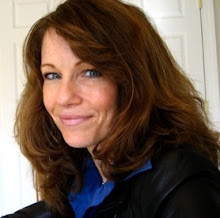 When I listen to a great song, I am often amazed by the lyrics. Every word counts, works hard, and sometimes does double duty.
When I listen to a great song, I am often amazed by the lyrics. Every word counts, works hard, and sometimes does double duty.Good writing has rhythm, whether the writing is a song or a novel. The reader rides waves of sounds. Achieving this musical quality in writing can be tough, though. If a sentence is not constructed well or is riddled with mistakes, the result could be more clunk than melody. If a sentence is not divided well with commas, dashes, colons, etc., it could hit the ear like bad karaoke.
Echoes in a story can also ruin the music of it. Maybe a character’s name or pronouns such as he and she are repeated too often. Maybe the writer has a tendency to use the some words too much. *Raises her hand sheepishly.*
Too much alliteration can also snuff the rhythm and good writing.
I find that reading my stories out loud is the best way to find those places where the writing loses its rhythm and song. The rough patches hit my ears like gravel poured out of a metal can. Cutting often helps to fix these sound and rhythm issues. If I simplify (the writing not the thought or content behind it), the music sometimes comes back into the sentences.
William Stunk and E.B. White wrote in The Elements of Style: “A sentence should contain no unnecessary words, a paragraph no unnecessary sentences, for the same reason that a drawing should have no unnecessary lines and a machine no unnecessary parts.”
What do you think? Does music come from making every word count? As in
 poetry? As in lyrics? When you are reading a novel, how much does the music of the writing affect your reading experience? If you write, how do you infuse music into your work?
poetry? As in lyrics? When you are reading a novel, how much does the music of the writing affect your reading experience? If you write, how do you infuse music into your work?









